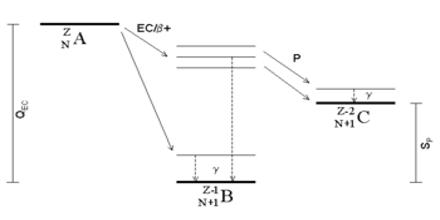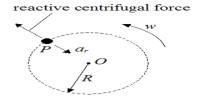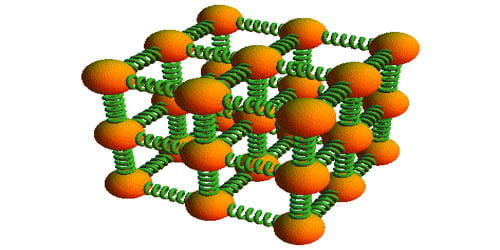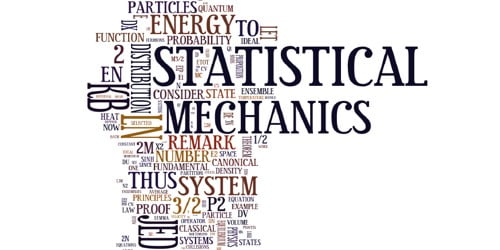Proton emission is a type of radioactive decay in which a proton is expelled from a nucleus. Proton emission can happen from high-lying excited states in a nucleus following a beta decay, in which case the procedure is known as beta-delayed proton emission, or can happen from the ground state (or a low-lying isomer) of very proton-rich nuclei, in which case the procedure is especially related to alpha decay.
Proton Emission
















